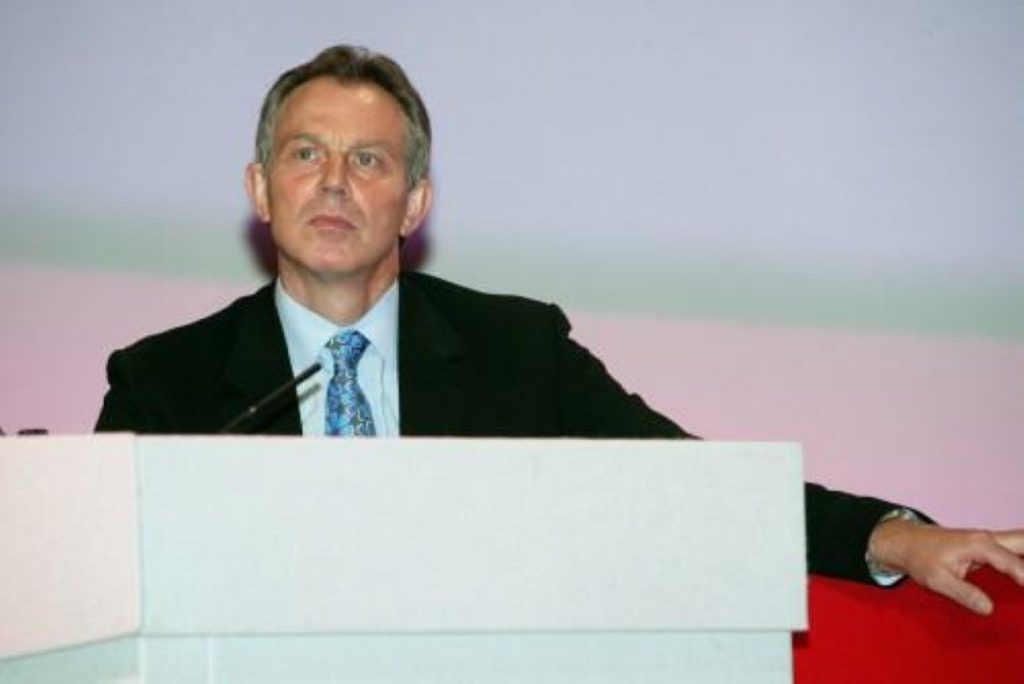Blair calls for ‘complete renaissance’ in foreign policy
There needs to be a “complete renaissance” in the West’s foreign policy to defeat an “arc of extremism” stretching across the Middle East, Tony Blair has said.
The prime minister said the conflicts in the Lebanon, in Iraq and Afghanistan could only be defeated by an “alliance of moderation”, made up of Christians, Arabs and Jews across the world, based on the values of fairness and justice.
However, he told a meeting of the World Affairs Council in Los Angeles that dealing with the Palestine-Israel issue was “utterly fundamental” to this effort.
And in a message to Washington, he insisted that winning the war was “not just about security or military tactics. It is about hearts and minds, about inspiring people, persuading them, showing them what our values at their best stand for”.


Mr Blair rejected suggestions global terrorism was the product of military action in Afghanistan and Iraq, saying: “The West didn’t attack this movement. We were attacked. Until [September 11th] we had largely ignored it.”
He also rejected as “rubbish” suggestions the terrorists were driven by poverty, insisting their movement was based on religious extremism, and more specifically, Islamic extremism.
But that was why the West must “relentlessly and vigorously” work to resolve the Palestinian-Israeli conflict, to offer a vision of how the roadmap to a two-state solution could work and to “pursue it, week in, week out, until it’s done”.
“Such a settlement would be the living, tangible, visible proof that the region and therefore the world can accommodate different faiths and cultures, even those who have been in vehement opposition to each other,” Mr Blair argued.
“It is, in other words, the total and complete rejection of the case of reactionary Islam. It destroys not just their most effective rallying call, it fatally undermines their basic ideology.”
Despite his insistence that poverty was not to blame for terrorism, Mr Blair said efforts to combat climate change, tackle global want and open up world trade were crucial in proving that the West could act on its rhetoric about democracy and justice.
“My point is that this war can’t be won in a conventional way. It can only be won by showing that our values are stronger, better and more just, more fair than the alternative. Doing this, however, requires us to change dramatically the focus of our policy,” he said.
The prime minister admitted that at the moment, “we can’t say we are winning”, but pointed to modernisation movements in the UAE, Bahrain, Kuwait and Qatar as examples of change taking place across the Middle East.
Libya and Algeria were slowly opening up, while there was a debate about change in Egypt. Mr Blair also highlighted the “one controvertible truth” proved by the elections in Iraq and Afghanistan – that democracy and the rule of law were not just western concepts.












